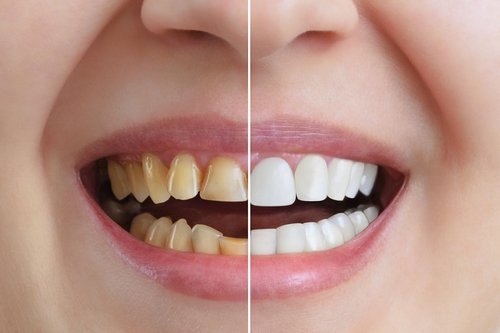Full Mouth Reconstruction: Revitalizing Your Smile and Oral Health

What is Full Mouth Reconstruction?
Full mouth reconstruction, also known as full mouth rehabilitation or restoration, is a comprehensive approach to restoring the function, health, and aesthetics of the entire mouth. This process involves the simultaneous rebuilding or restoring of all of the teeth in both the upper and lower jaws. It’s a tailored treatment plan that addresses a variety of dental issues, combining various dental procedures to achieve optimal results.
Why Would You Need Full Mouth Reconstruction?
Several conditions and circumstances might necessitate a full mouth reconstruction, including:
- Extensive Tooth Loss: Due to decay, trauma, or other dental diseases.
- Severe Tooth Wear: Caused by bruxism (teeth grinding), acid erosion from diet or acid reflux.
- Multiple Fractured or Broken Teeth: From accidents or injuries.
- Congenital Dental Disorders: Such as Ectodermal Dysplasia, Amelogenesis, or Dentinogenesis Imperfecta.
- Ongoing Jaw Pain or Headaches: Often related to bite problems or TMJ disorders.
Key Components of Full Mouth Reconstruction
The full mouth reconstruction process involves multiple phases and can include various dental procedures, each aimed at addressing specific issues:
- Dental Implants: Used to replace missing teeth, providing a permanent solution that looks and functions like natural teeth.
- Crowns and Bridges: Restore the function and appearance of damaged or missing teeth.
- Veneers: Thin shells placed over the front of the teeth to improve appearance.
- Orthodontics: Braces or clear aligners to correct misaligned teeth and improve bite function.
- Periodontal Treatments: Address gum disease and ensure the foundation of your teeth is healthy.
- Inlays and Onlays: Used to restore teeth with moderate decay that is not severe enough for a crown.
- Bone Grafts and Soft Tissue Augmentation: Procedures to rebuild bone and gum tissue lost due to disease or trauma.
The Full Mouth Reconstruction Process
- Comprehensive Examination and Diagnosis:
- X-Rays and Scans: To evaluate bone structure, teeth position, and underlying issues.
- Dental Impressions: For accurate modeling of your teeth.
- Photographs: To aid in planning and documenting the transformation.
- Customized Treatment Plan:
- Based on the findings, a detailed and personalized treatment plan is crafted. This plan will outline the necessary procedures, their sequence, and the timeline.
- Phased Treatment:
- The procedures are usually carried out in phases, allowing time for healing and adjustment. This phased approach ensures that each step is completed with precision, improving the overall outcome.
- Final Adjustments and Follow-Up:
- Once all procedures are completed, final adjustments are made to ensure the perfect fit and function. Regular follow-up visits are essential to monitor the success of the reconstruction and maintain oral health.
Benefits of Full Mouth Reconstruction
- Improved Oral Function: Enhanced ability to chew and speak properly.
- Aesthetic Enhancement: A beautiful, natural-looking smile boosts confidence.
- Long-Term Oral Health: Addresses underlying issues, reducing the risk of future dental problems.
- Pain Relief: Alleviates discomfort associated with TMJ disorders, misaligned bites, and extensive decay.
Choosing the Right Dental Professional
Selecting a skilled and experienced dental professional is crucial for a successful full mouth reconstruction. Look for a dentist who:
- Has extensive experience in restorative dentistry.
- Offers a comprehensive range of dental services.
- Provides personalized care and detailed treatment planning.
- Has positive reviews and testimonials from other patients.

